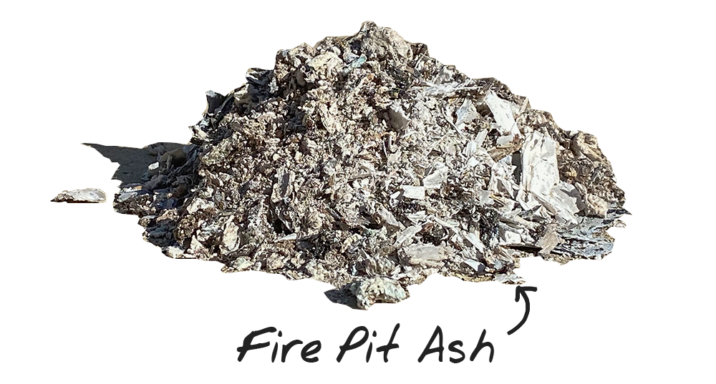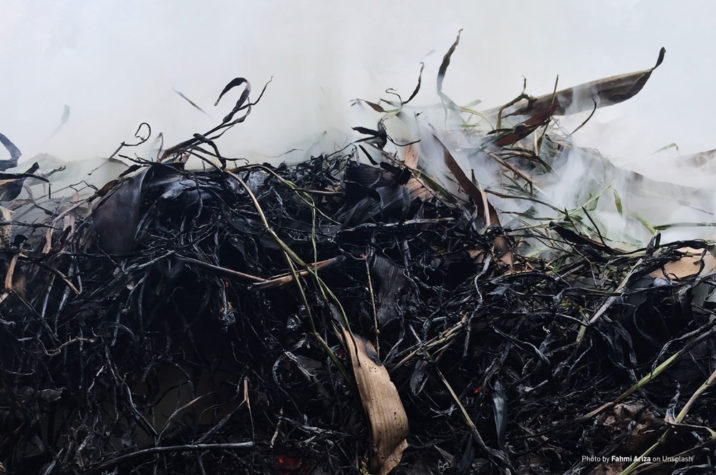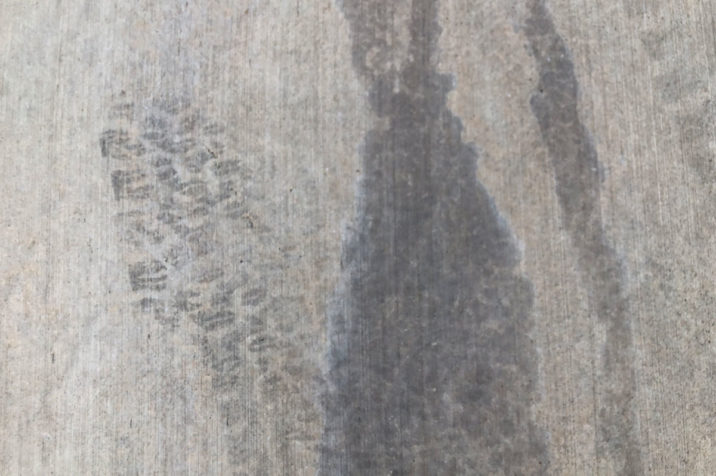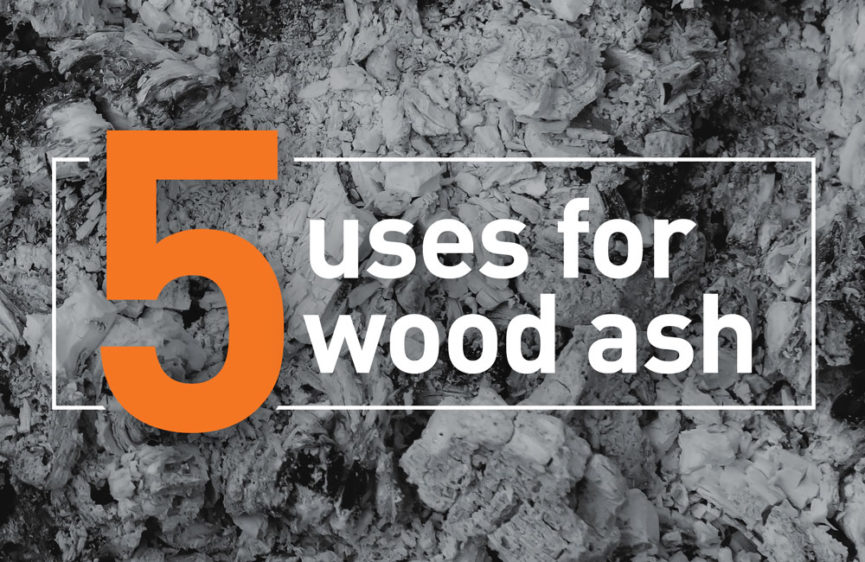Though most of us likely tip our cold ashes into the garbage after the fire in our fire pit has burned out, wood ashes can actually be a valuable resource and meet a number of different needs. They’re effective, natural, and—best of all—free.

As long as your wood ashes are uncontaminated with chemical fire starters, accelerants or other materials, and as long as you use them in the correct amount, they can be applied to dozens of different tasks. For example:

1. Naturally melt ice and enhance traction
One use for wood ash from your fire pit is as a traction enhancer on icy or snow-covered surfaces. Instead of buying sand or rock salt—which can sometimes corrode concrete or metals—scattering naturally abrasive wood ash over frozen surfaces provides a cheaper high-traction alternative that takes a smaller toll on the surfaces themselves. Additionally, because of wood ash’s dark color, spreading it across icy or snowy surfaces creates a natural form of ice-melt; while white snow and ice reflect much of the sun’s heat and energy, the dark grey color of wood ash absorbs that heat, then transfers it to the snow and ice, expediting the melting process.

2. Enrich and balance compost
Adding wood ash to compost can increase its levels of beneficial materials like lime, potassium and more, and ashes alkaline nature can offset the acidity of many compost piles. And because wood ashes do not contain nitrogen, mixing it with compost means it won’t scorch plants like some other fertilizers are known to do.

3. Create a natural pest repellant
Beyond enriching your compost, wood ash can be used to naturally repel certain insects, slugs, and snails. Wood ash draws water from its surroundings, so it acts much like salt to garden pests that are susceptible to dehydration. By sprinkling a handful or two around vulnerable plants, you’ll deter many common pests from denuding your garden.

4. Hide stains on concrete or pavement
Wood ash’s naturally dark grey color is perfect for masking stains on sidewalks or pavement; scatter some ashes over the stained area, then scuff them in with the heel of some old shoes. Wood ash works particularly well for cleaning up and masking oils spilled on concrete, as it’s naturally absorbent and soaks up oil when scattered on it. If you keep a supply of wood ash on hand in the event of an oil leak in the garage, you may even be able to prevent the stain to begin with.

5. De-skunk Fido
If you’ve ever had a pet sprayed by a skunk—or if you’ve been sprayed yourself—you know you’d try almost anything to get rid of the smell. One surprisingly effective method of removing the smell of a skunk’s spray is to dust your pet—or, if you’re particularly unfortunate, yourself—with wood ash and wait (outside) for an hour or so to let the ash absorb the smell. It may not be as effective as chemical-based skunk spray treatments, but it’s natural…and free!

